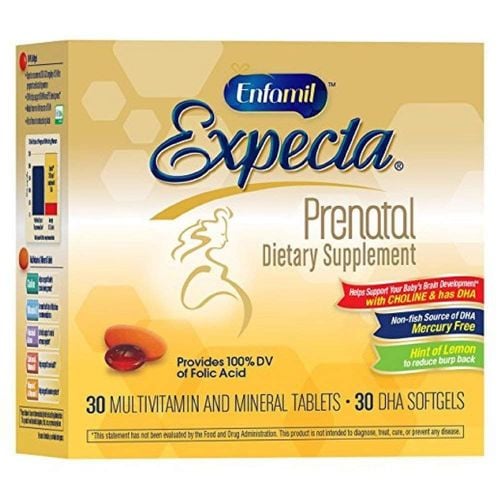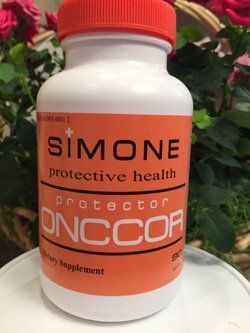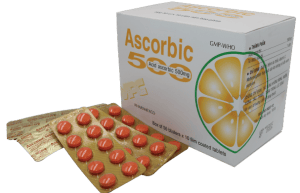This is an automatically translated article.
Green vegetables are an important part of a healthy diet. The nutritional composition of vegetables contains many vitamins, minerals and fiber but few calories. Eating a diet rich in green leafy vegetables reduces the risk of obesity, cardiovascular disease, high blood pressure and mental decline. Cruciferous vegetables including: broccoli, collard greens, cabbage... are also mentioned to have many health benefits.
1. Some vegetables are good for health
1.1. Kale Kale is considered one of the most nutrient-dense vegetables on the planet due to its high content of vitamins, minerals, and antioxidants. An average of 67 grams of wave kale contains 684% of the Daily Value for vitamin K, 206% of the value for vitamin A and 134% of the value for vitamin C. It also contains antioxidants like lutein and beta-carotene, which help reduce the risk of diseases caused by oxidative stress. To get the most out of all that kale has to offer, it's best to eat it raw, as cooking can reduce its nutritional profile.
1.2. Spinach is a popular green leafy vegetable and is easy to pair with many different dishes, including soups, sauces, smoothies and salads. The nutritional profile of spinach is impressive with one 30g of raw spinach providing 181% of the Daily Value for vitamin K, 56% of the Daily Value for vitamin A and 13% of the Daily Value for manganese. It's also high in folate, which plays an important role in red blood cell production and preventing neural tube defects during pregnancy.
A study on spina bifida due to neural tube defects found that one of the preventable risk factors for this problem is low folate levels in the mother's body during the first trimester of pregnancy. pregnancy. Along with taking this compound before giving birth, pregnant women should include spinach in their diet for a great way to help increase folate levels during pregnancy.
1.3. Cabbage Cabbage is made up of clusters of thick leaves that come in green, white, and purple colors. It belongs to the Brassica family, along with Brussels sprouts, kale, and broccoli. The vegetables in this family of plants all contain the compound glucosinolate, which gives this vegetable a bitter taste. Studies have found that foods containing the plant compounds glucosinolates may have cancer-protective properties, especially against lung and esophageal cancers.
One of the other benefits of cabbage is that it can be used to ferment and form sauerkraut which provides many health benefits. For example, it improves digestion, supports the immune system, and can even aid in weight loss and good weight management.
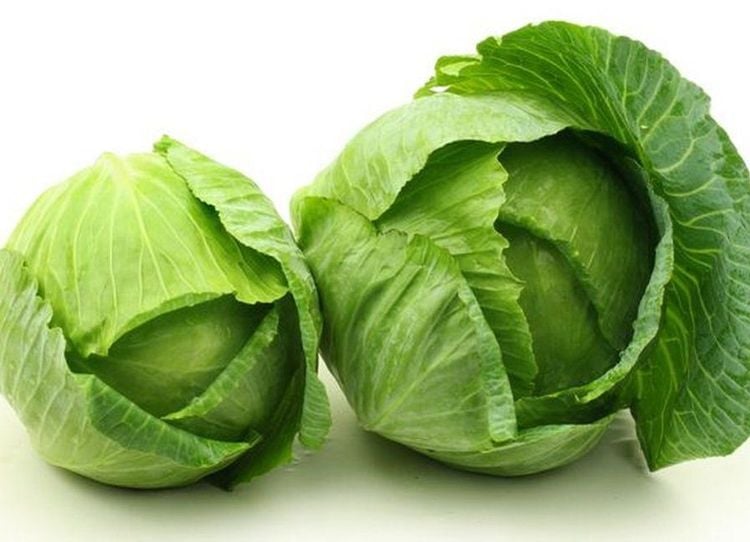
Bắp cải là thực phẩm có chứa các hợp chất thực vật glucosinolate có thể có đặc tính bảo vệ ung thư
1.4. Beets Since the Middle Ages, beets have been claimed to have many health benefits. The nutrient profile of beets is quite rich, but while beets are commonly used in dishes, the leaves are often overlooked. In 144 grams of cooked turnip greens, the nutritional profile contains 220% of the Daily Value for vitamin A, 37% of the Daily Value for potassium and 17% of the Daily Value for fiber. Beets also contain the antioxidants beta-carotene and lutein, which may reduce the risk of eye disorders, such as macular degeneration and cataracts.
1.5. Watercress Watercress is an aquatic plant in the family Brassicaceae, similar to arugula and mustard greens. Watercress is believed to have healing properties and has been used in herbal medicine for centuries. However, no research has yet confirmed the health benefits of compounds in watercress.
Studies have found that watercress extract offers many benefits in targeting cancer stem cells as well as in reducing the fertility and invasion of cancer cells. mail in the body.
Because watercress has a bitter and slightly spicy taste, this vegetable is used as a great addition to dishes with a neutral taste.
2. What are the benefits of eating vegetables?
Is it good to eat vegetables? always interested by many consumers. The following are some of the health benefits of vegetables:
Vegetables are an excellent source of vitamin K: Vegetables contain a large enough amount of vitamin K to meet the body's daily needs. When the body lacks vitamin K, it will cause blood clotting or problems related to cardiovascular disease, osteoporosis. Sometimes, a lack of vitamin K has been shown by studies to be associated with conditions that increase the risk of brain function impairment, dementia, or Alzheimer's disease. Compounds in vegetables help strengthen the immune system: Vegetables are dark green vegetables, so the vitamin C content in vegetables is quite rich. Vitamin C is known to support the body's immune system. Cruciferous vegetables protect heart health: The ingredients in cruciferous vegetables have the effect of reducing or limiting cholesterol. So when using vegetables regularly in the daily diet will help reduce blood cholesterol effectively. Cruciferous vegetables reduce the risk of cancer, especially breast cancer: Excess estrogen in women is associated with an increased risk of breast cancer. However, this condition will be improved if a reasonable diet is applied. Vegetables in the daily diet will help improve this condition. The ingredients in cruciferous vegetables include glucosinolates that have detoxifying properties and help reduce the high risk of cancer. In addition, this vegetable also contains protective components such as isothiocyanates and indole 3 carbinol that help inhibit carcinogens, especially breast cancer.
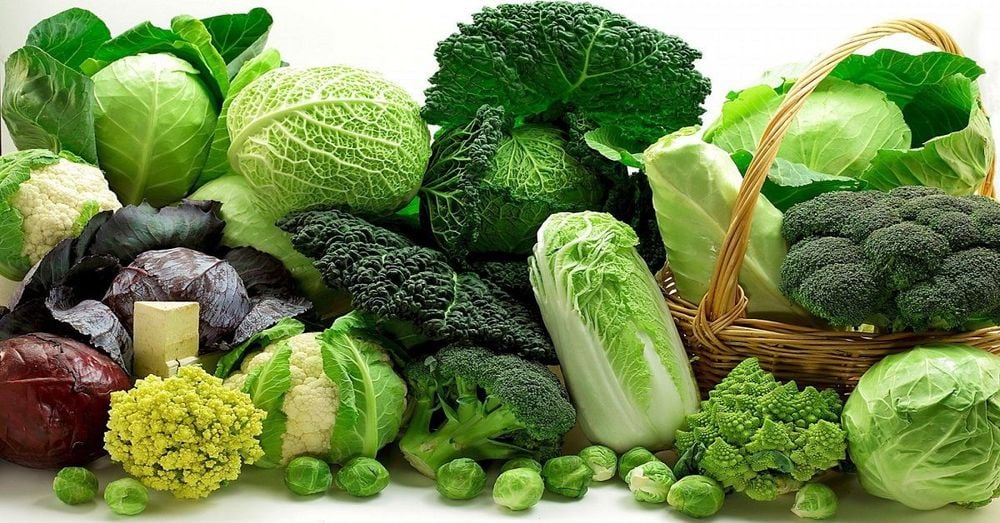
Rau cải nguồn cung cấp vitamin K tuyệt vời để đáp ứng nhu cầu mỗi ngày của cơ thể
Vegetables help protect and promote eye health: The compounds lutein and zeaxanthin in cruciferous vegetables play an important role in eye protection. The mechanism of action of these two compounds is to help the retina of the eye not to oxidize and help the eye filter blue light - a source of risk of damage to the eyes. Vegetables also help with anti-aging and beautiful skin: The content of vitamins and minerals in vegetables is quite rich. Vegetables provide a lot of folic acid for the body's blood cells, which has an antioxidant effect, and makes the skin rosy and fresh.
3. Some notes when using vegetables
Vegetables are considered as healthy and safe food. However, when using vegetables, it is still necessary to be selective in some specific cases. For example, some people wonder: eating vegetables and urinating a lot or some people using them causes an allergic reaction of the body. Or some people who are being treated with blood-thinning drugs should not use cruciferous vegetables. Because the vitamin K content in vegetables is quite rich. This is a vitamin that helps blood clot.
In addition, vegetables are also high in oxalates, which can increase the risk of kidney stones in people who eat vegetables too much and often. Therefore, people with kidney-related health problems should limit this vegetable in their daily diet to avoid progression of disease conditions.
Please dial HOTLINE for more information or register for an appointment HERE. Download MyVinmec app to make appointments faster and to manage your bookings easily.




